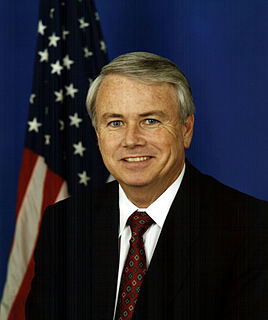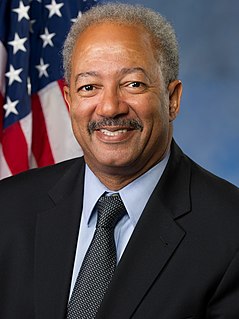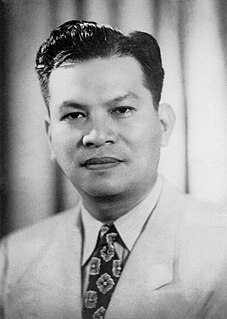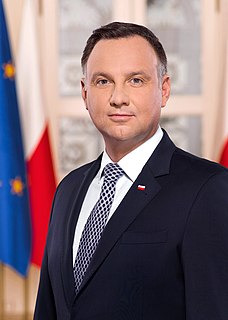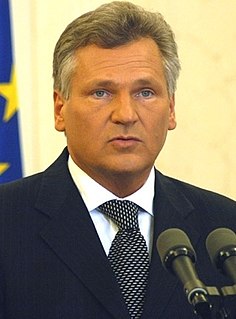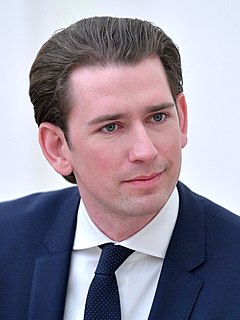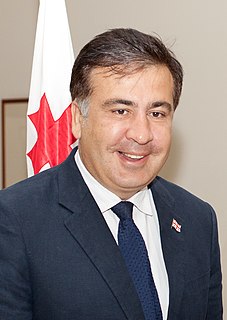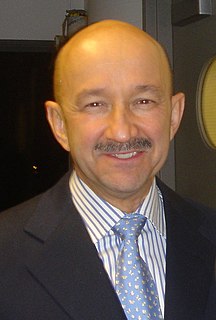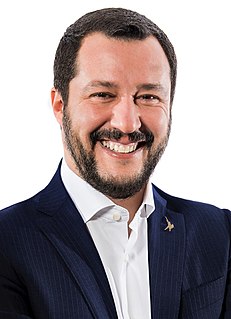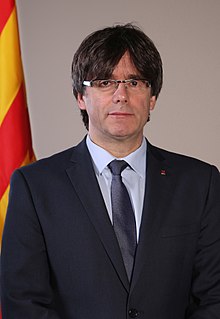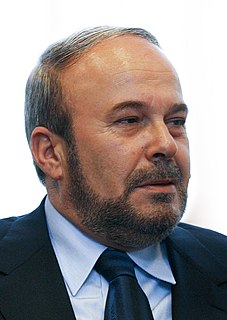Top 1200 European Countries Quotes & Sayings
Explore popular European Countries quotes.
Last updated on April 22, 2025.
We [European countries] probably need to move forward together, each at their own speed. The faster ones, that could be the countries in the euro zone. The others would be those who are interested in the continued development of the common market, but reject the idea of an ever stronger political integration.
The U.S. and Europe may have more breakthroughs in neuroscience, but you have to put that in perspective. The U.S. has 350 million people, and there are 28 countries in the European Union. Israel is third behind these countries in its neuroscience developments, but per capita, it is way ahead of everyone.
Membership in the European Community, now the European Union, has enabled Ireland to re-find its sense of participation - cultural, political, social - at the European level. I think that also opens up possibilities for Ireland as a European country to look outward - to look particularly, for example, at countries to which a lot of Irish people emigrated, to our links - our human links - with the United States, with Canada, with Australia, with New Zealand. And to look also, because of our history, at our links to the developing countries.
What Secretary Ash Carter is looking at is the constant pressure that Russia's putting on our European allies. The way that Russia is trying to move the boundaries of the post-World War II Europe. The way that he is trying to set European countries against one another, seizing territory, holding it in Crimea. Beginning to explore whether they could make some inroads in the Baltics.
First of all, Greece won't go down. We're talking about a country that is capable of making change. Europe will not allow the destabilization of the 27-country euro zone. But if there were no action, then markets would start becoming jittery about other countries - and not only Spain and Portugal, but other countries in the European Union.
I should mention there are many European countries right now that already protect children from Wi-Fi, so it's not like this is some preposterous idea. This is already embraced by many countries all around the world. I don't think it is preposterous to suggest that public health needs greater protection in this country, especially that of children, among whom there is a rising tide of brain cancer right now.
Countries will cooperate with each other, and are more likely to cooperate with each other when they share a common culture, as is most dramatically illustrated in the European Union. But other groupings of countries are emerging in East Asia and in South America. Basically, as I said, these politics will be oriented around, in large part, cultural similarities and cultural antagonism.
Toward the middle and end of the Fifties, West European countries became somewhat more important as providers of aid to underdeveloped countries. It was partly due to the prodding of the United States that these countries, as they regained economic viability, should shoulder their share of the aid burden.
African films should be thought of as offering as many different points of view as the film of any other different continent. Nobody would say that French film is all European film, or Italian film is all European film. And in the same way that those places have different filmmakers that speak to different issues, all the countries in Africa have that too.
The fact that we're going through a crisis is an opportunity for Europe to be more coordinated and more integrated. We're actually talking about a European Monetary Fund or euro bonds, about guarantees for countries, about economic governance in the European Union. That shows the strength of Europe.
The major difference for us in America with respect to Hispanic immigration is that it is so large and that it is coming from neighboring countries rather than those countries off the Atlantic or Pacific. That creates different issues and different problems for us as compared to the past. It is still very different, however, from the situation in Europe where we see people with a very different non-European religion coming from neighboring countries.
I should also say that apart from the negotiations that are taking place within the WTO, we are ourselves involved in all manner of bilateral negotiations, or, if they are not bilateral, with the South African Customs Union and the European Union. All the member countries of the European Union have now ratified the agreement that we have with the EU and that opens up the EU market in various ways.
Brexit wasn't the European people's first cry of revolt. In 2005, France and the Netherlands held referendums about the proposed European Union constitution. In both countries, opposition was massive, and other governments decided on the spot to halt the experiment for fear the contagion might spread.
Economically and politically, Germany is extremely stable. There are countries with functioning governments whose institutions don't work. My only concern is about Europe. There's a risk we will run out of time. We have been blessed with a pro-European French president, but we are also approaching the next elections for the European Parliament in 2019, and it will be important for pro-European parties present a credible answer to the anti-Europeans on the left and the right.
Accepting Turkey as a member of the European club means that the club is open to outsiders, to Muslims, to poorer people, to developing countries, to countries with a slightly different cultural tradition but basically the same values. I think it's dangerous for the West to close the door; it doesn't do us any good and it doesn't do the rest of the world any good. Also, it reduces the danger of a "clash of civilizations".



